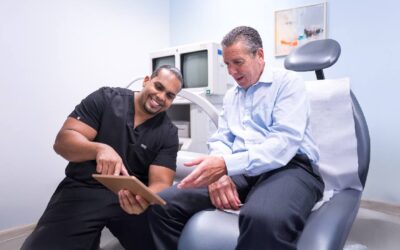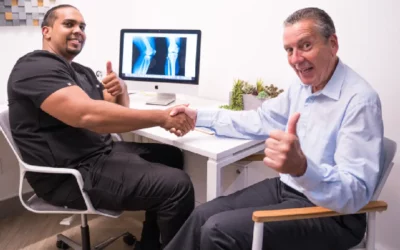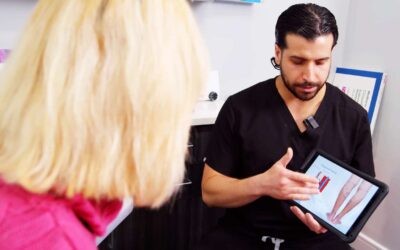What Doctor Treats Varicose Veins? And Other Important Vein FAQs
What doctor treats varicose veins?
Phlebologists are doctors specializing in the diagnosis and treatment of varicose veins, spider veins, and chronic venous insufficiency. The term “phlebologist” comes from “phlebology,” which is the branch of science dealing with vascular health and conditions. You can also refer to phlebologists as vein doctors, vein specialists, and vascular surgeons.
Vein doctors can come from all fields of medicine — they can be cardiologists, hospitalists, anesthesiologists, primary care physicians, or dermatologists. The barrier to entry into phlebology is pretty low, and most doctors can become phlebologists after a series of simple tests and training. As such, when looking for vein doctors, you must examine their credentials.
The best vein doctors should have specialized training in the diagnosis and treatment of chronic venous insufficiency, the root cause of most vein problems. Furthermore, they should specialize in minimally invasive spider vein and varicose vein treatments, as opposed to vascular surgery. They should ideally have complete fellowships and residency programs in vein care.
You can also look for board-certified vascular surgeons, i.e., vein doctors with formal recognition from the American Board of Venous and Lymphatic Medicine. This serves as an objective guarantee that the vein doctor specializes in the latest minimally invasive vein treatments and that they’re highly skilled and experienced — only a handful of vein doctors receive board certification.
If you have spider veins, varicose veins, or other vein problems, please contact the board-certified vascular surgeons at our centers for vein treatment in New Jersey. We individually select the country’s leading vein doctors and vascular surgeons from the reputable residency programs and fellowships, so you can trust that they’re highly experienced.
Please schedule an appointment with our vein doctors in New Jersey for more information.
What causes varicose veins in the legs?
Chronic venous insufficiency is the root cause of spider veins and varicose veins in the legs. It’s a circulatory disorder wherein your vein valves collapse or malfunction. Vein valves are generally responsible for smooth, one-way blood circulation to the heart, often against the force of gravity. When your vein valves collapse or malfunction, gravity forces blood to flow backward and accumulate in the leg veins. The continued accumulation of blood in leg veins eventually leads to vascular dilation and the formation of spider veins and varicose veins.
Varicose veins vs. spider veins: what’s the difference?
Both varicose veins and spider veins are dilated blood vessels caused by underlying chronic venous insufficiency. However, they have important differences. Spider veins are dense clusters of damaged blood vessels visible just underneath the skin’s surface — they’re extremely thin and narrow, and they don’t cause any medical problems. Varicose veins are large blood vessels that protrude out of the skin’s surface, looking like a mass of tangled ropes — excessive vascular dilation can also lead to burst varicose veins.
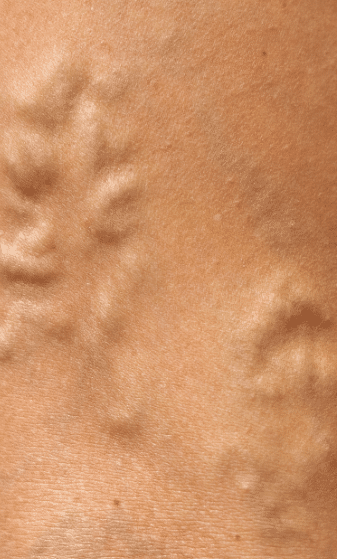
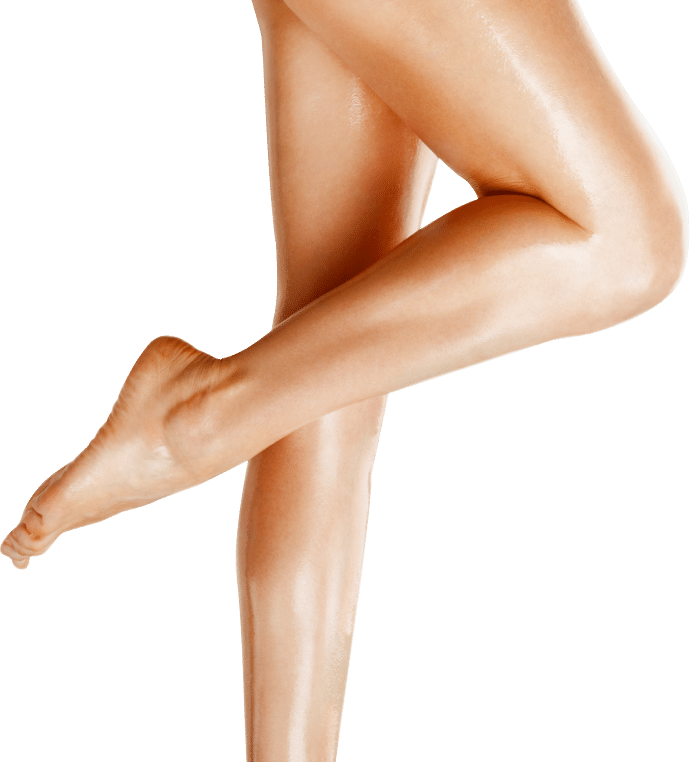
BOOK AN APPOINTMENT
Do you have any symptoms? Consult now with one of the Best Vein Specialist in New Jersey
Do dermatologists treat varicose veins?
Dermatologists often treat varicose veins and spider veins using laser therapy or sclerotherapy injections. These are cosmetic treatments that make the damaged veins shrink and eventually fade away from the skin’s surface. Dermatologists primarily focus on cosmetic relief because they specialize in skin conditions, not vascular conditions. As such, they can reduce the visibility of spider veins and varicose veins, but they can’t address the underlying vein disease, leading to a high risk of vein disease recurrence.
Can varicose veins go away?
Varicose veins cannot go away naturally. That’s because the damaged vein valves don’t heal on their own, so blood continues accumulating in your leg veins. Over time, excessive vascular dilation will weaken the varicose veins’ walls, increasing the risk of a varicose vein rupture, leading to profuse bleeding. The only way to treat varicose veins and the underlying vein disease is through minimally invasive procedures that neutralize the diseased vein, rerouting the accumulated blood into healthier leg veins.
Is walking good for varicose veins?
Yes, walking is good for varicose veins because it improves blood circulation and activates the calf muscles. Your legs push the accumulated blood towards the heart, alleviating the worst symptoms of varicose veins and vein disease. However, walking can only provide temporary relief — blood will continue accumulating in your leg veins.
What happens if varicose veins are left untreated?
If varicose veins are left untreated, the underlying venous insufficiency will continue worsening. Eventually, you may experience the advanced complications of vein disease, such as skin discoloration, rust-colored patches on your skin due to the breakdown of blood cells, non-healing leg wounds (ulcers), and blood clots in leg veins (deep vein thrombosis). The last of these, deep vein thrombosis, increases the risk of a potentially fatal pulmonary embolism.
How can I stop varicose veins from getting worse?
- Wear compression stockings 24 hours per day to minimize blood accumulation
- Run, swim, walk, and do yoga to push the accumulated blood towards the heart
- If you have a desk job, take frequent walking breaks
- Elevate your legs above your heart’s level while sitting
- Contact a reliable vein doctor for a diagnosis and treatment
How can I permanently cure varicose veins?
Technically, there’s no “cure” for varicose veins because that implies the diseased veins are fixed. However, once your vein valves collapse or malfunction, there’s no way to save or fix them. The vein doctor will use numerous minimally invasive procedures to remove or seal the diseased saphenous vein, turning it into a hardened tissue eventually absorbed by the body. The accumulated blood will be rerouted into healthier leg veins, and the varicose veins will be removed from the body.
Where to get sclerotherapy?
Our centers for vein treatment in New Jersey provide the latest and safest minimally invasive spider vein and varicose vein treatments, including sclerotherapy. Our vein doctors always examine the root cause of your vein problems to curate personalized vein treatment plans, ensuring long-lasting results. Please schedule an appointment at our vein treatment centers in Clifton, Paramus, or Woodland Park, NJ.
NJ Vein Doctors
Meet our team of New Jersey Vein Treatment Specialists
Vein Treatments are covered by most major medical insurances, including Medicare. Call us today to verify your insurance for FREE >
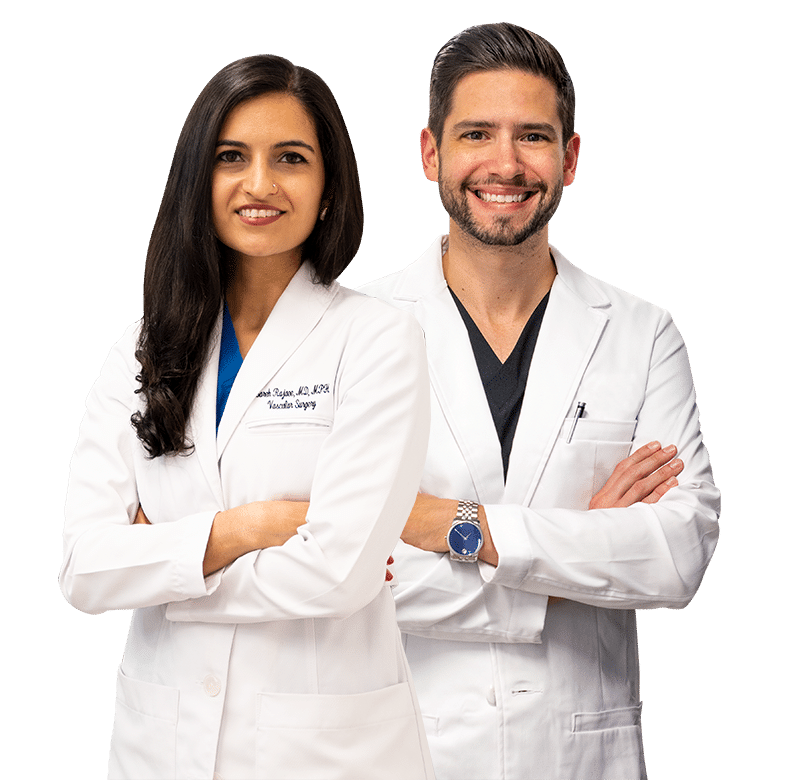
Meet our Team of Top Vein Specialists in New Jersey
Contact us
CALL US
Speak instantly with one of our team members; they will answer any questions you may have regarding insurance coverage, booking an appointment and our vein treatment locations. (973) 946-8082
BOOK APPOINTMENT
Visit our Book Appointment page and instantly request an appointment at the New Jersey vein center. We offer Free Insurance Verification before your appointment.
